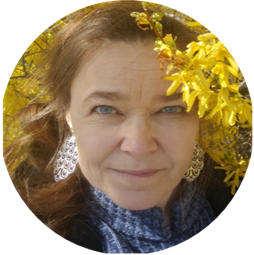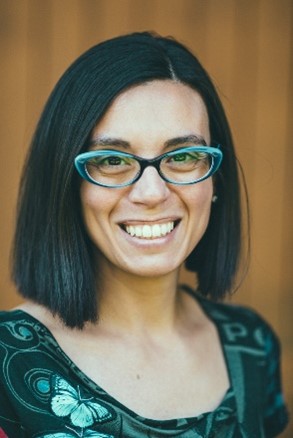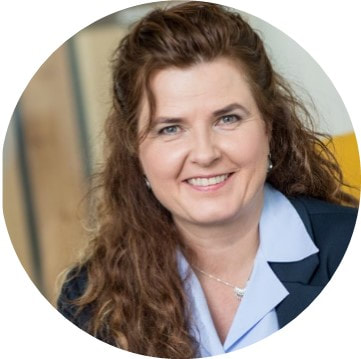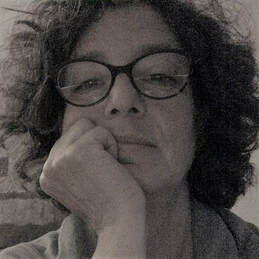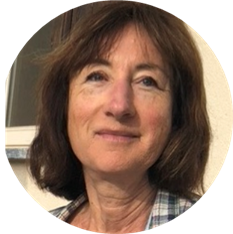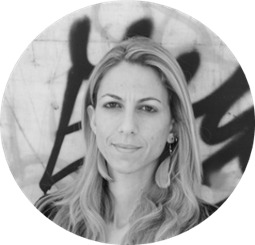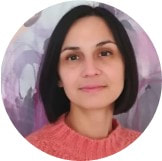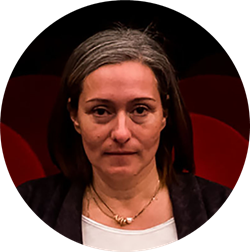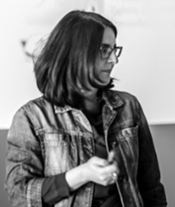Research and practice are inseparable and depend on each other: Practice knowledge is of vital importance for theory, and theory is of vital importance for practitioners.
Let's say you are a practitioner and you
Let's say you are a practitioner and you
- are fascinated by something that is happening in your practice and want to write about it
- want to translate your practitioner knowledge into research so as to help other practitioners and to push art therapy forward
- love writing and reading as well as doing art therapy -
- need to read research about a phenomena in your practice that has arisen- and you don't know enough about it
- feel the need to refresh yourself with updated research
- are looking for people interested in collaborating about a subject
- are looking for possible funds and research money and don't know where and how to access it
- want to overcome a fear of research as the “other”
How can EFAT’s Research Committee (RC) help?
Vision Statement
Our priorities are to create access to research for EFAT members, to create skills and interest in doing research, and to provide the methodological and ethical know how needed for members to undertake projects so as ultimately to further develop the Art Therapy profession across Europe.
Mission Statement
The research committee supports the development of high-quality art therapy research. This is done through engaging members in high standards of ethical and quality research practice and by developing a supportive and inspiring research culture fostered by international collaboration. We aim to provide European Art Therapy research strategic direction through responding to empirical evidence for policymakers, and thereby contribute to the improvement of the position of art therapists in their professional environments.
Objectives
EFAT's Research Committee aims to contribute strategically and substantially to the evidence base for art therapy in order to promote the recognition of Art Therapy in all European countries. We aim:
Our priorities are to create access to research for EFAT members, to create skills and interest in doing research, and to provide the methodological and ethical know how needed for members to undertake projects so as ultimately to further develop the Art Therapy profession across Europe.
Mission Statement
The research committee supports the development of high-quality art therapy research. This is done through engaging members in high standards of ethical and quality research practice and by developing a supportive and inspiring research culture fostered by international collaboration. We aim to provide European Art Therapy research strategic direction through responding to empirical evidence for policymakers, and thereby contribute to the improvement of the position of art therapists in their professional environments.
Objectives
EFAT's Research Committee aims to contribute strategically and substantially to the evidence base for art therapy in order to promote the recognition of Art Therapy in all European countries. We aim:
- to support ethical standards for researchers in art therapy.
- to promote diverse methodological approaches to art therapy research.
- to promote and initiate international research collaborations
- to promote research through supporting publications in peer reviewed journals.
- to promote research findings through translation into the English language.
EFAT members can benefit from research consultation by contacting the Research Committee at [email protected]
Projects
Useful Documents
- PHDs Review
- European Survey
- Organization of webinars
- Participation of RC members within SIGs to support the development of research projects
- Research support
- Elaboration of a Research Protocol (in progress)
- Research opportunities for international collaboration funding (in progress)
Useful Documents
Who we are:
Steering Group
Members

